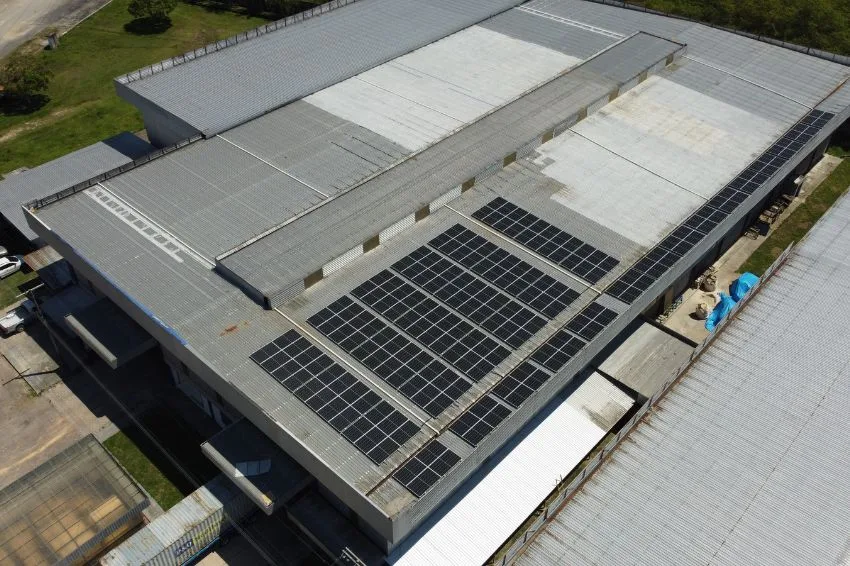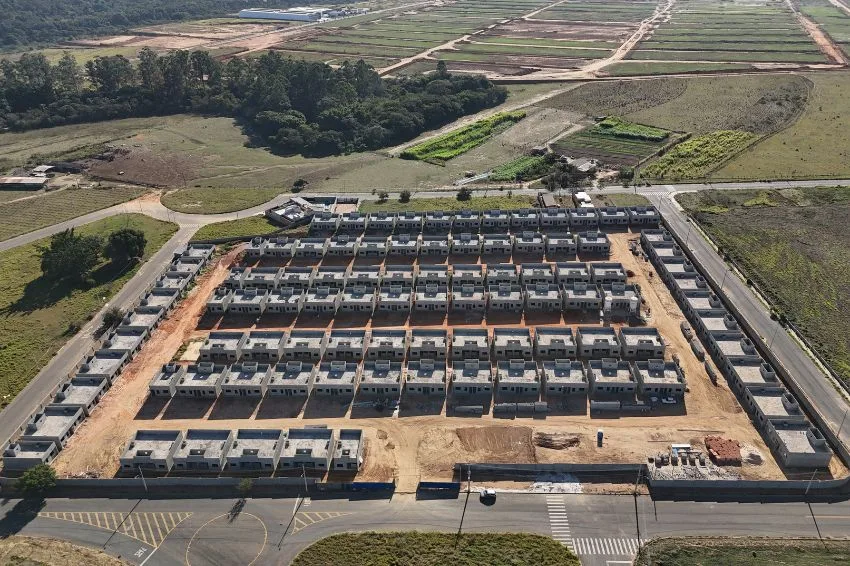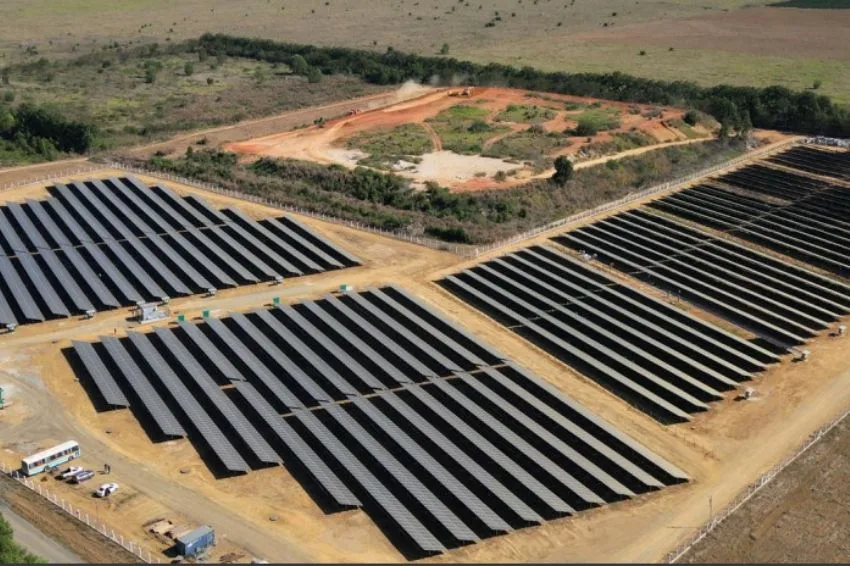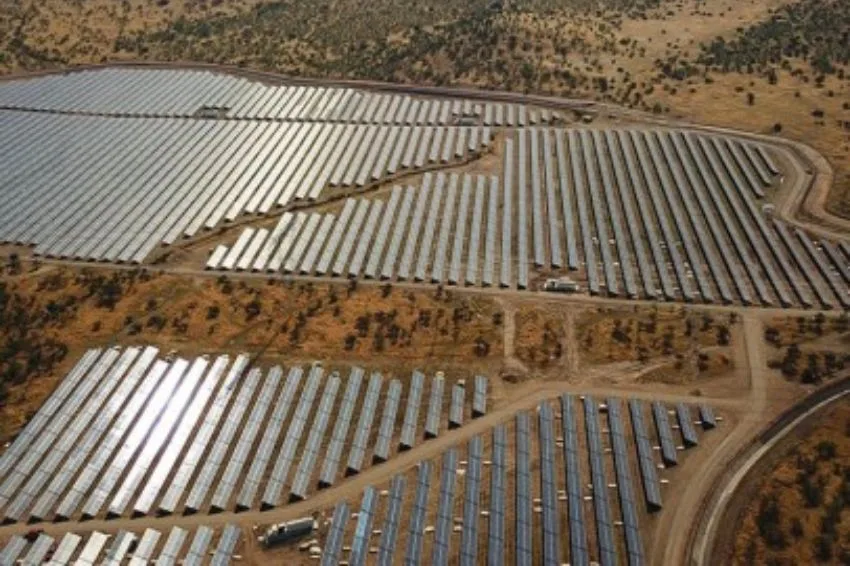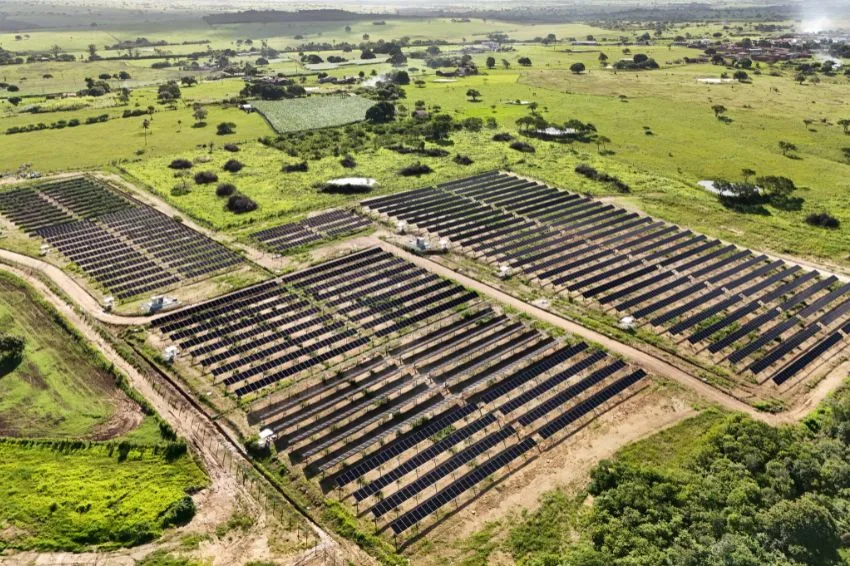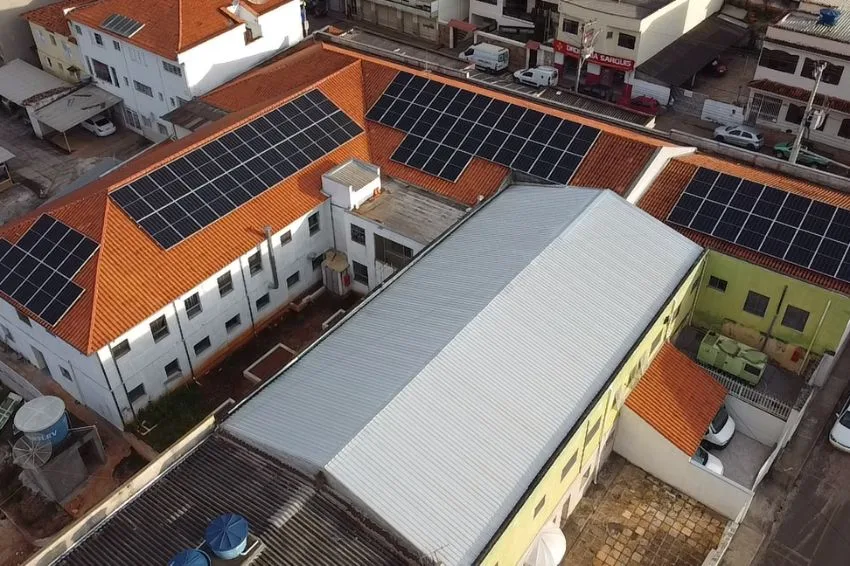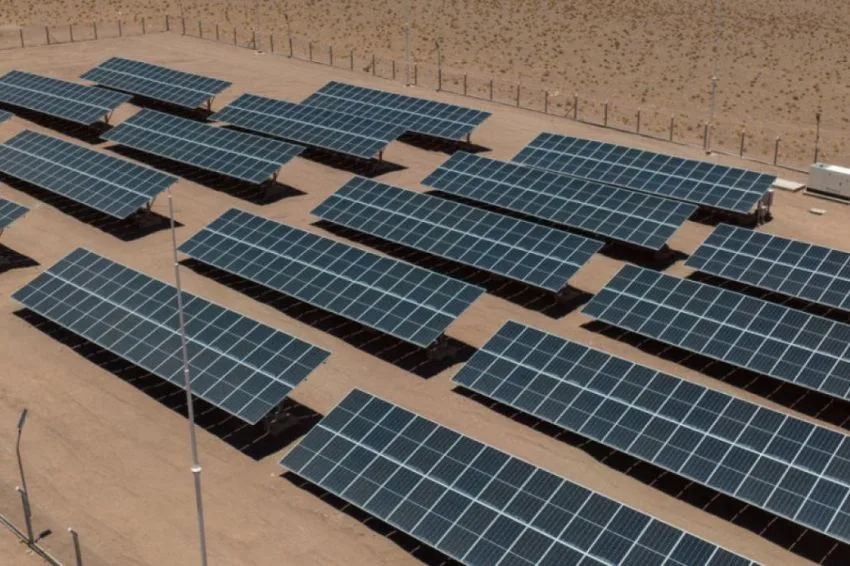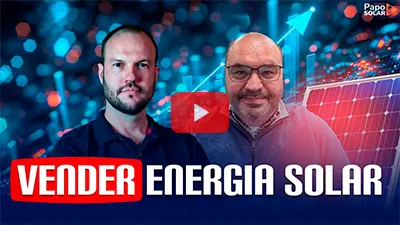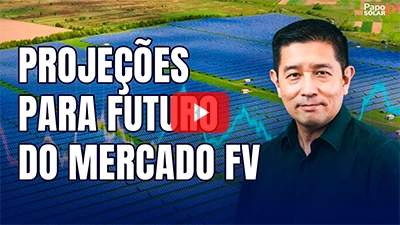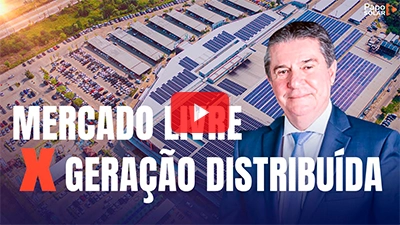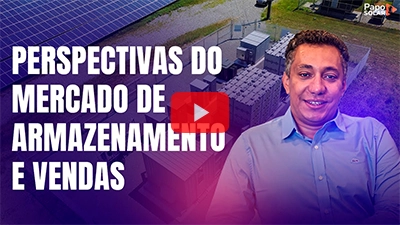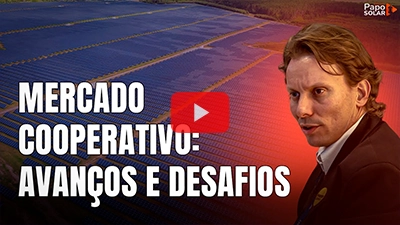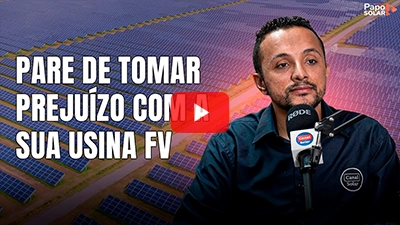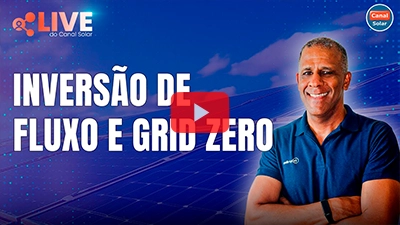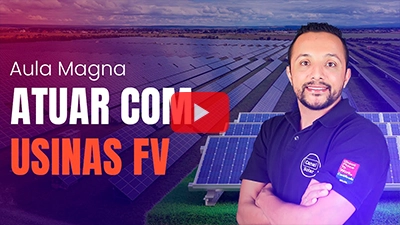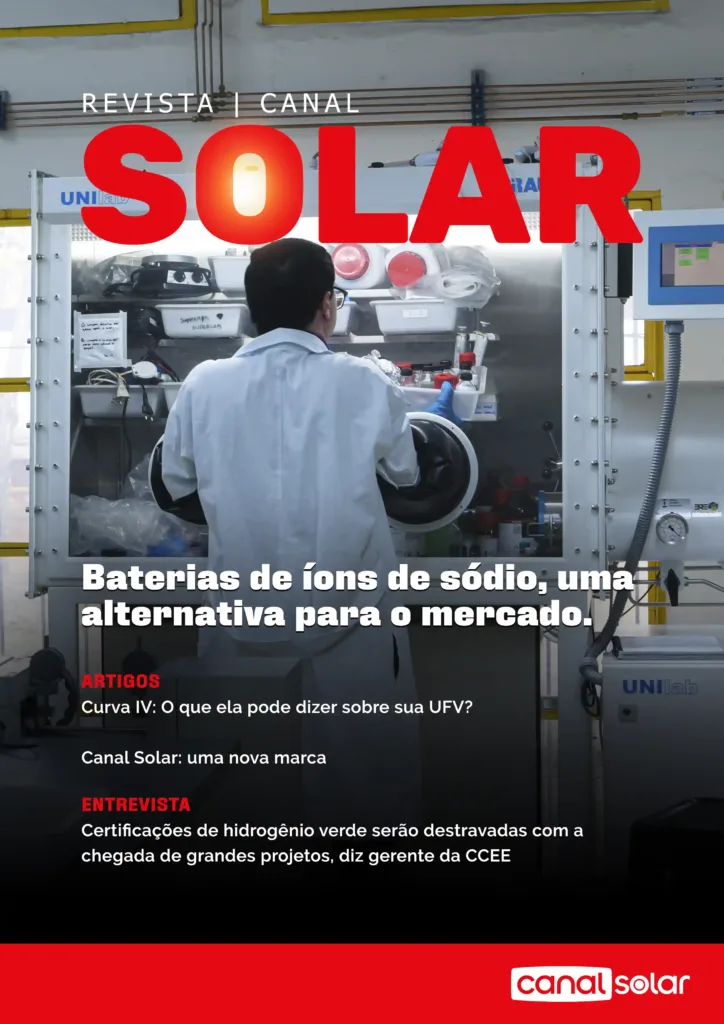Why is energy expensive in Brazil?
Good practices for photovoltaic system installations
New stronger connectors with greater electrical current support
Transforming industries with sustainable innovation
Heat wave challenges: leveraging resilience with distributed energy generation
How do climate variations impact the efficiency of photovoltaic systems?
ANEEL's regulatory and supervisory power
News
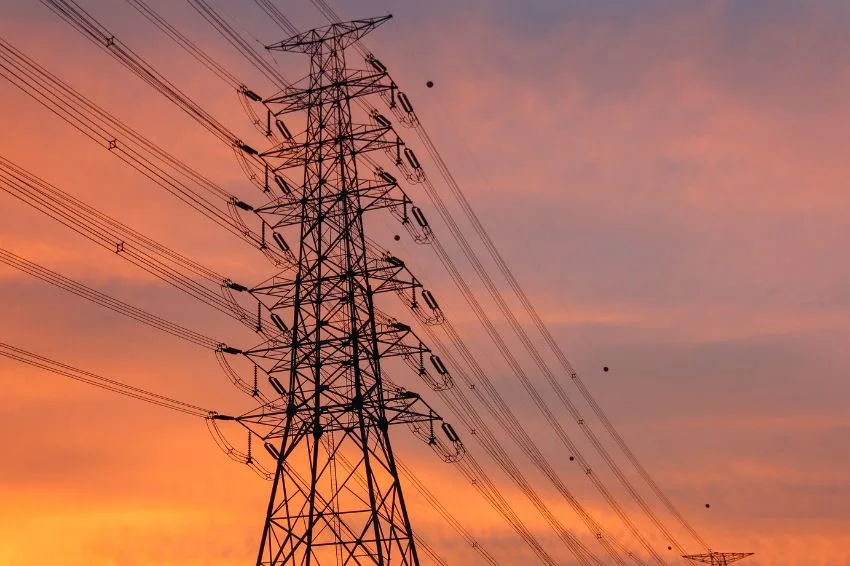
Mais de 25 mil consumidores varejistas vão migrar para o ACL até 2025
ANEEL atualizou o relatório com o potencial de migração de consumidores
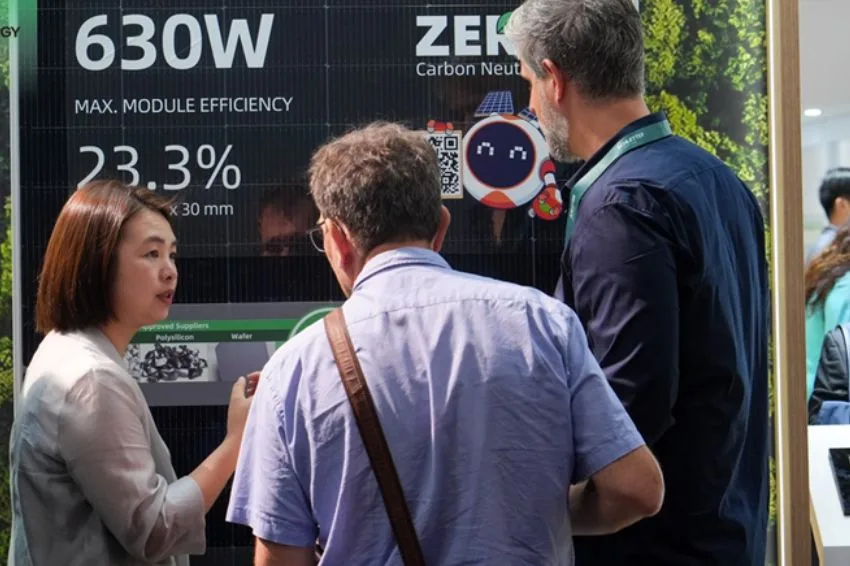
Astronergy planeja capacidade de produção de 100 GW até 2025
Empresa divulga inovações da marca na Intersolar Europe 2024 em Munique
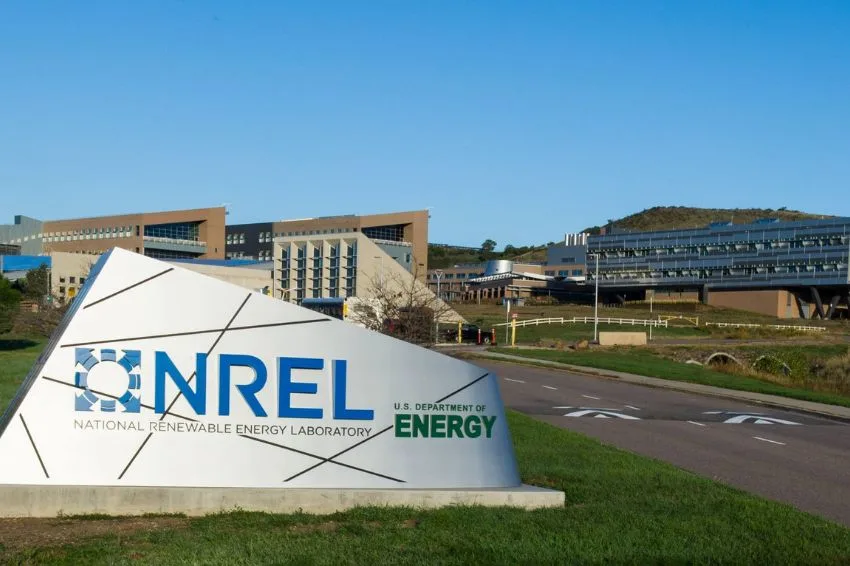
NREL highlights opportunities for perovskite panel manufacturing
Researchers want to make the photovoltaic module as durable as possible

A new mobilisation for solar energy will take place in August in Brasilia (DF)
Em entrevista ao Canal Solar, presidente do MSL diz que movimento
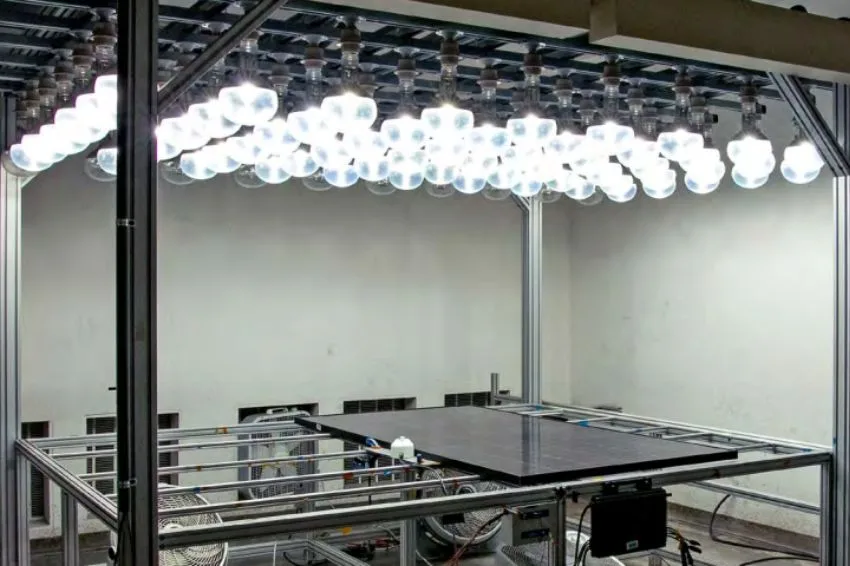
RETC presents the best performing modules
Tests involved 23 companies; nine manufacturers were well placed
Articles
Most Read

Selection of the stringbox disconnect switch
It is important that the designer knows the specifications of the stringbox
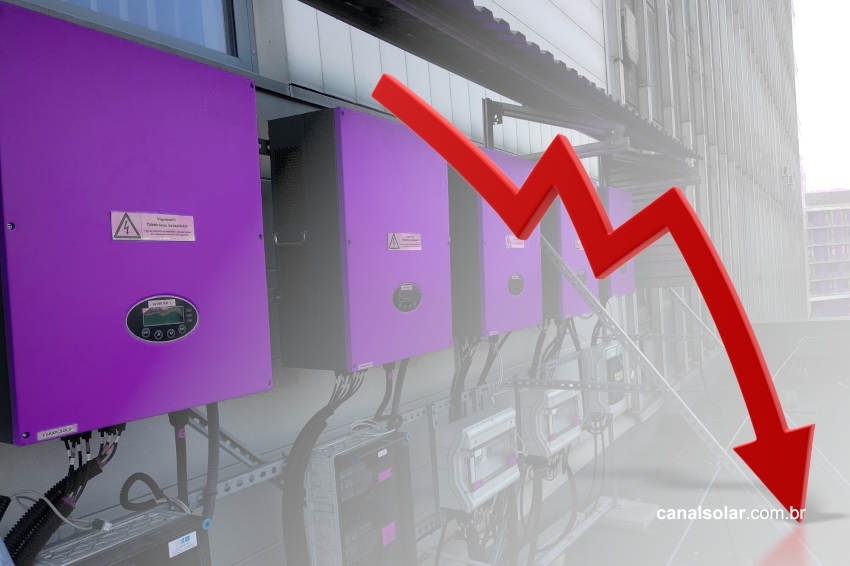
Photovoltaic inverter shutdown due to voltage variation
Understand the causes of inverter shutdowns, especially on sunny days
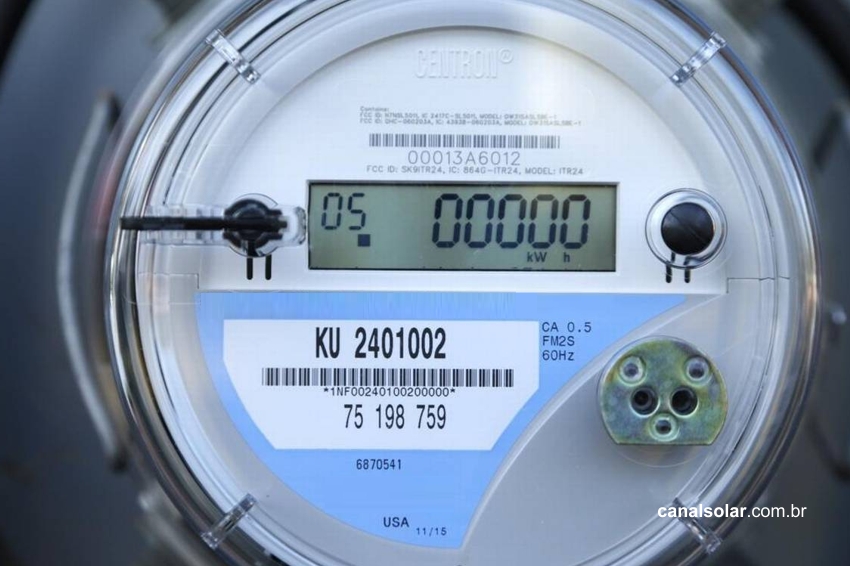
Group A consumers billed as group B
Find out which groups of energy consumers are and their differences
Interviews
Canal Solar Magazine
It is with great enthusiasm that we present the 23rd edition of Canal Solar Magazine, full of information and insights about the solar energy market and its innovations. Our cover this month highlights a topic of growing relevance: “Sodium-ion batteries: a promising alternative for the market”. We explore how these batteries can transform the energy storage market, emerging as an alternative to lithium-ion, nickel, lead and cobalt batteries. According to consultancy Roland Berger, sodium ion batteries could represent around 30% of the market by 2040. The late professor Marcelo Villalva had already made a discussion about the diversity of batteries, highlighting the potential of sodium, which is more abundant and cheaper. In this edition, journalist Wagner Freire brings the report “Solar energy in 2024: challenges and opportunities in an evolving market”. Even with more moderate growth compared to previous years, solar energy continues to consolidate itself as a vital source in Brazil's electrical matrix, representing 17% of installed capacity. Projections indicate a significant increase in installed power, highlighting the crucial role of distributed generation. Another topic discussed in this edition is the challenges and prospects of subscription solar energy in Brazil. Journalist Yvana Leitão interviewed sector experts who discussed the advantages and challenges of this model.
Previous editions
Consumer Guide

Can I install solar energy in my apartment?
Do you know how solar energy works in an apartment? Check out all the information on the subject now!
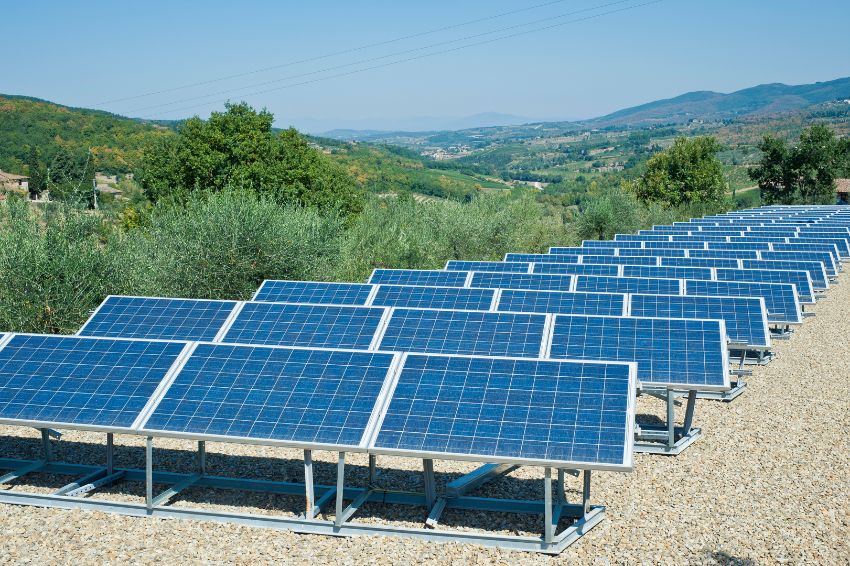
Shared solar energy generation: what is it?
Do you know what shared solar energy generation is and what the advantages are?

Commercial proposals in the solar energy sector
Do you know the relevance and how a solar energy budget should be composed?
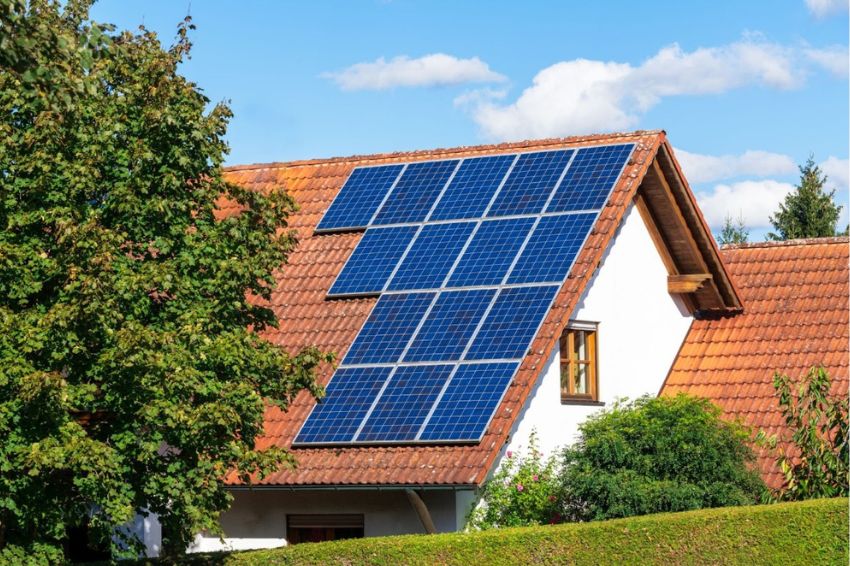
What is an on-grid system?
Find out everything about the on-grid system and what it is for, here you will find everything about it!
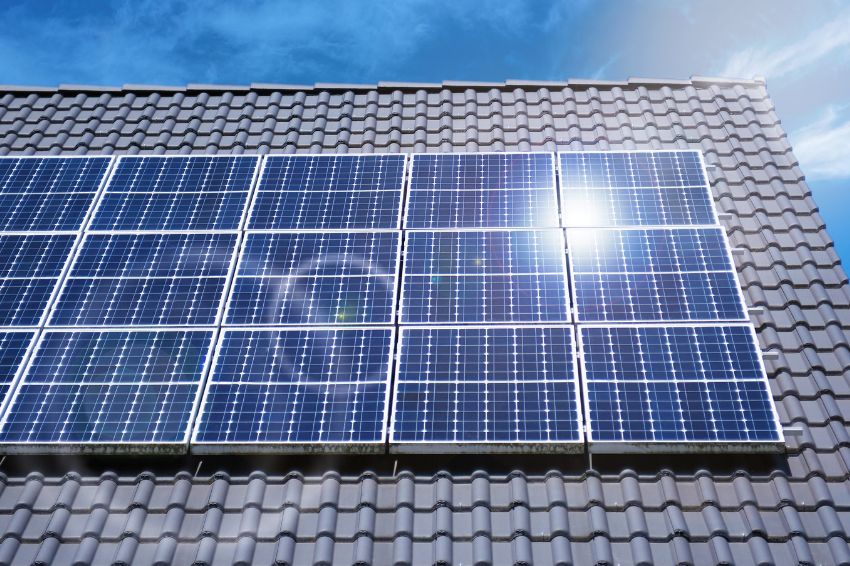
How to store photovoltaic modules?
Instructions for Proper Storage of Solar Panels
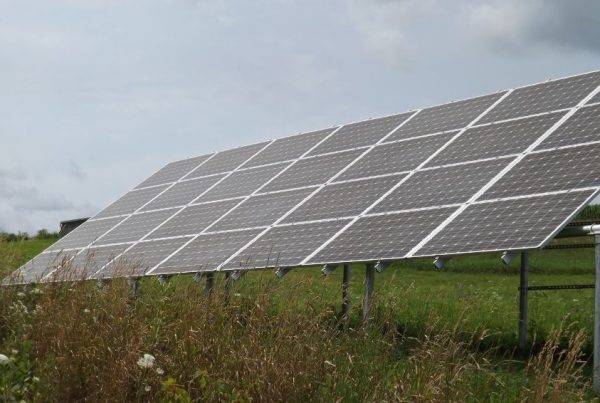
Off-grid system: how does it work?
The off-grid photovoltaic system is characterized by self-sustainability and independence from electrical grids
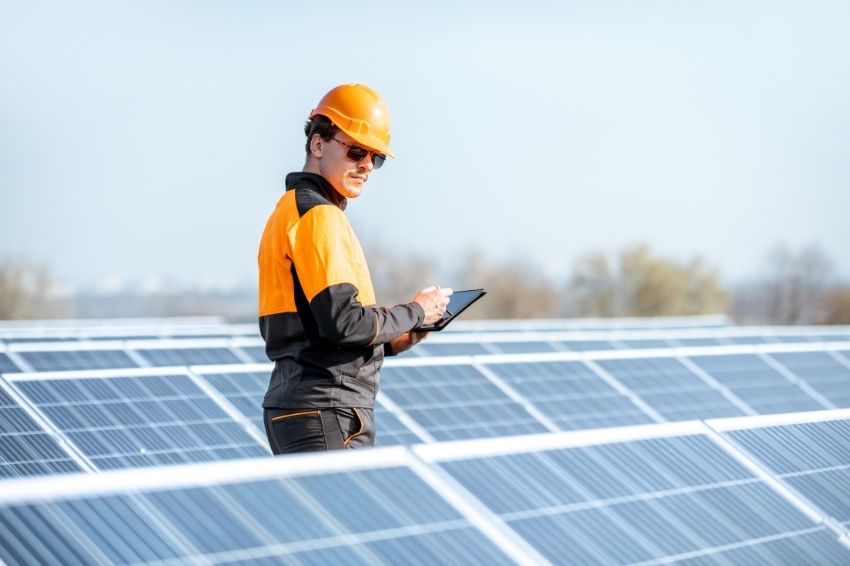
Solar energy installation course, how important is it?
Solar energy installation course meets the market’s need for labor
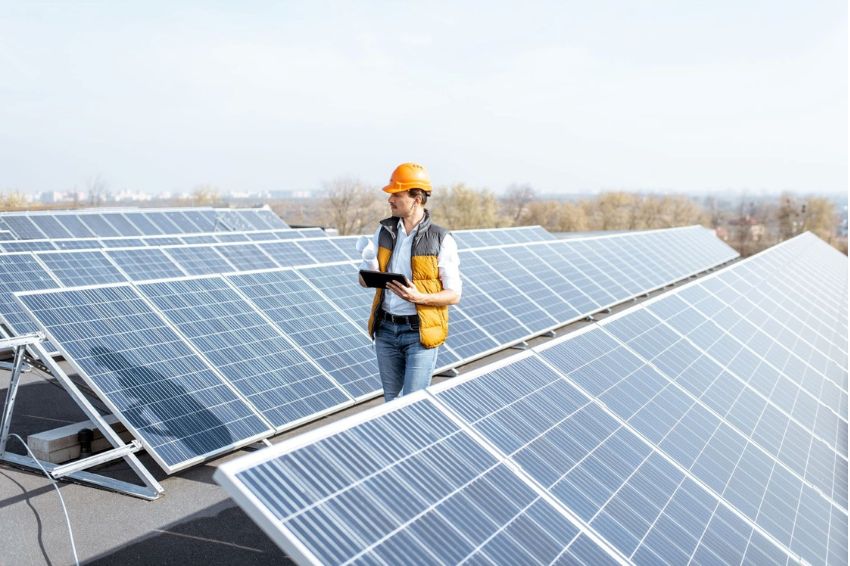
Do you know what a solar power plant is?
Have you ever heard of a solar power plant? Check out everything you need to know here.
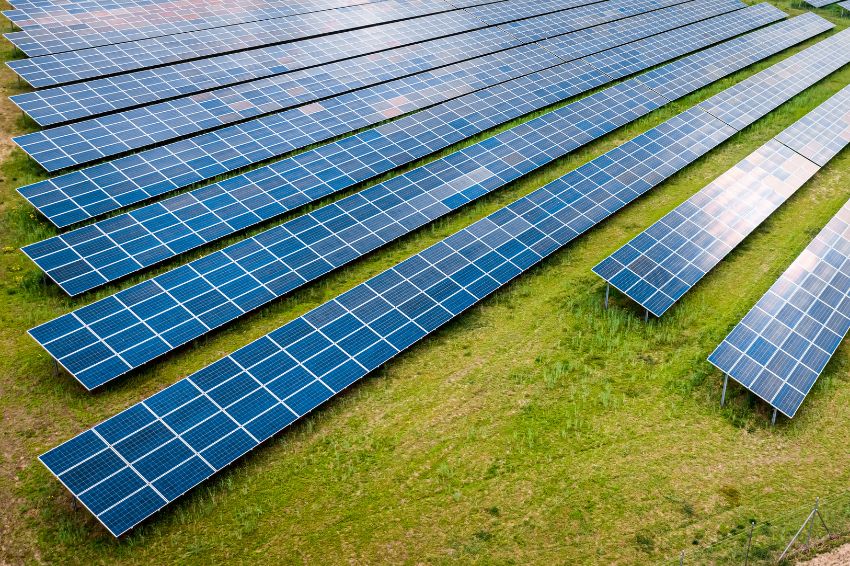
Ranking of installed power in Brazil
Do you know which Brazilian states occupy the top 3?
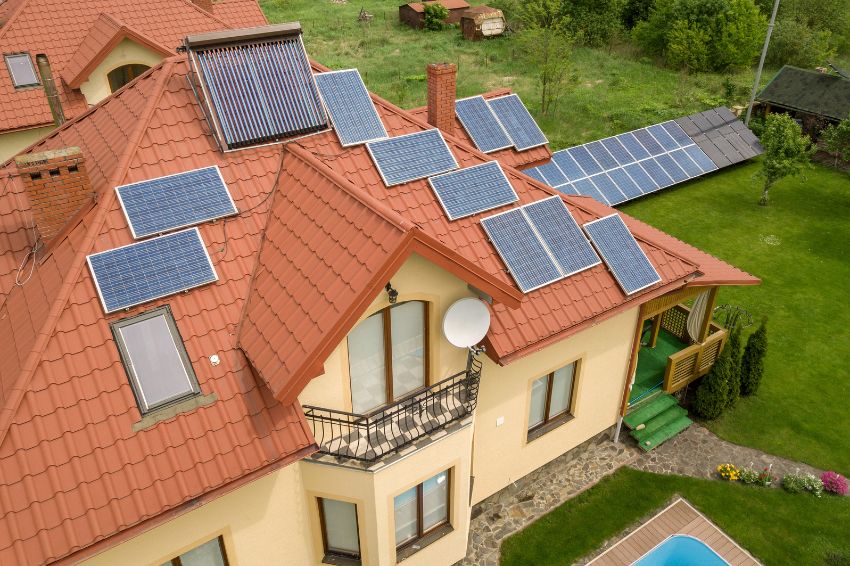
How should solar panels be installed?
Have you ever thought about using solar energy in your home, but don't know how? Canal Solar teaches you!
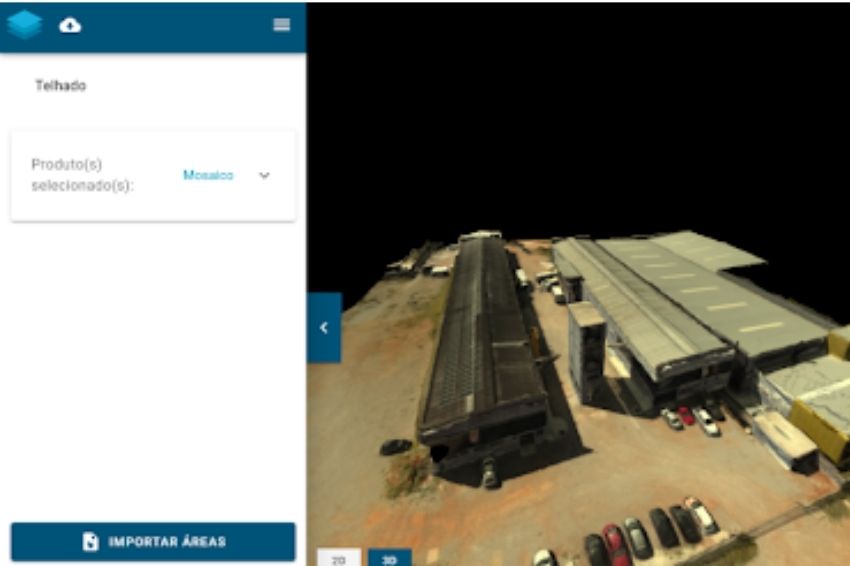
Drones in photovoltaic projects: how to use them?
Discover how to use drones for more economical, agile and precise photovoltaic projects. Click to learn more!

Solar Energy in Brazil: what is the importance of legislation?
Understanding Brazilian solar energy legislation is essential. Discover the main points!
Solar Energy Projects
Solar Talk Podcast
This episode will address the profile of large companies that invest in solar energy
In what ways can climate events threaten the solar sector?
Learn how to rate solar panel manufacturers based on their reliability and financial stability.
Explore the universe of Electric Vehicles in this chat: Prices, Types and Range, as well as Battery Safety and Recycling, along with Charging Infrastructure and Sustainability.
In this episode of Papo Solar you will discover which practices and strategies can be used to improve the organization and management of people in your company.
What are the projections for the future of the photovoltaic market? Understand solar sector regulations and tariff scenario
Find out what changes are taking place in the free Energy Market in 2024
Explore exciting projections for the energy storage, sales and aftermarket market!
Discover how cooperativism is revolutionizing the renewable energy market in Brazil!
Find out how to guarantee the safety and efficiency of Photovoltaic Plants through correct commissioning and adequate preventive maintenance!
Edvaldo Santana, former director of ANEEL and former President of Abrace, will analyze the current scenario in the electricity sector
Marcelo Abuhamad, CEO of Bonö Group, shared his experiences in the photovoltaic sector
Lives Canal Solar
Precise temperature control is essential to optimizing battery performance and safety.
To become a REIDI beneficiary, the minigeneration project must be an already approved project, owned by a legal entity under private law
Are you ready to stand out in the electricity sector and take advantage of the opportunities that the free energy market can offer?
Find out everything about PL 4831, the Bill that could bring several changes to the electricity sector in Brazil.







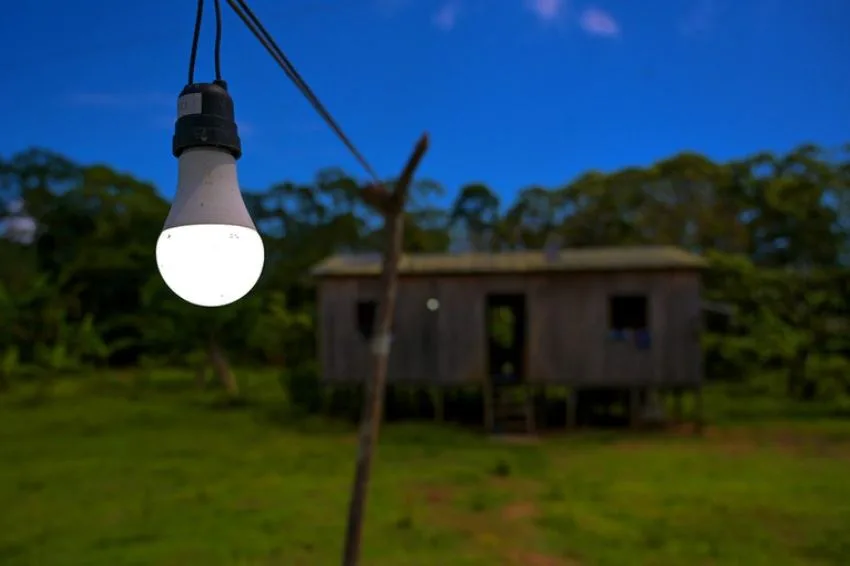
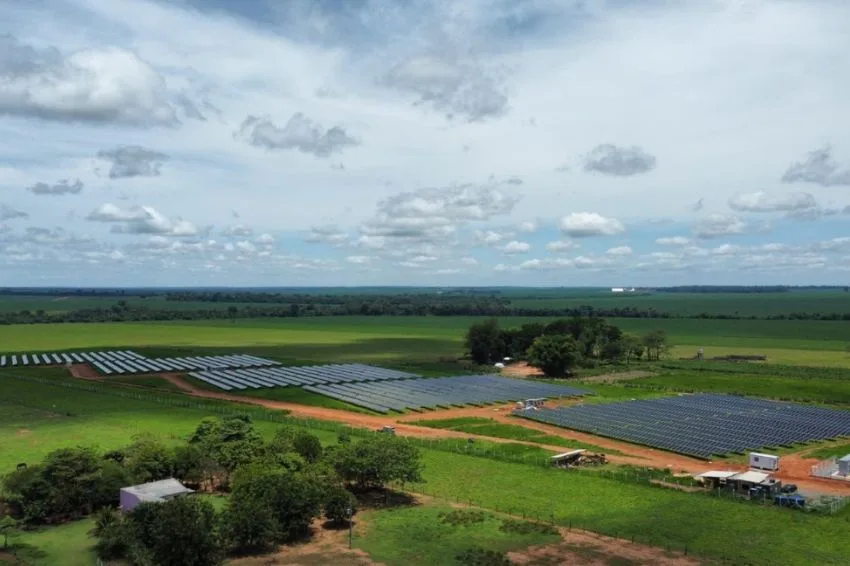


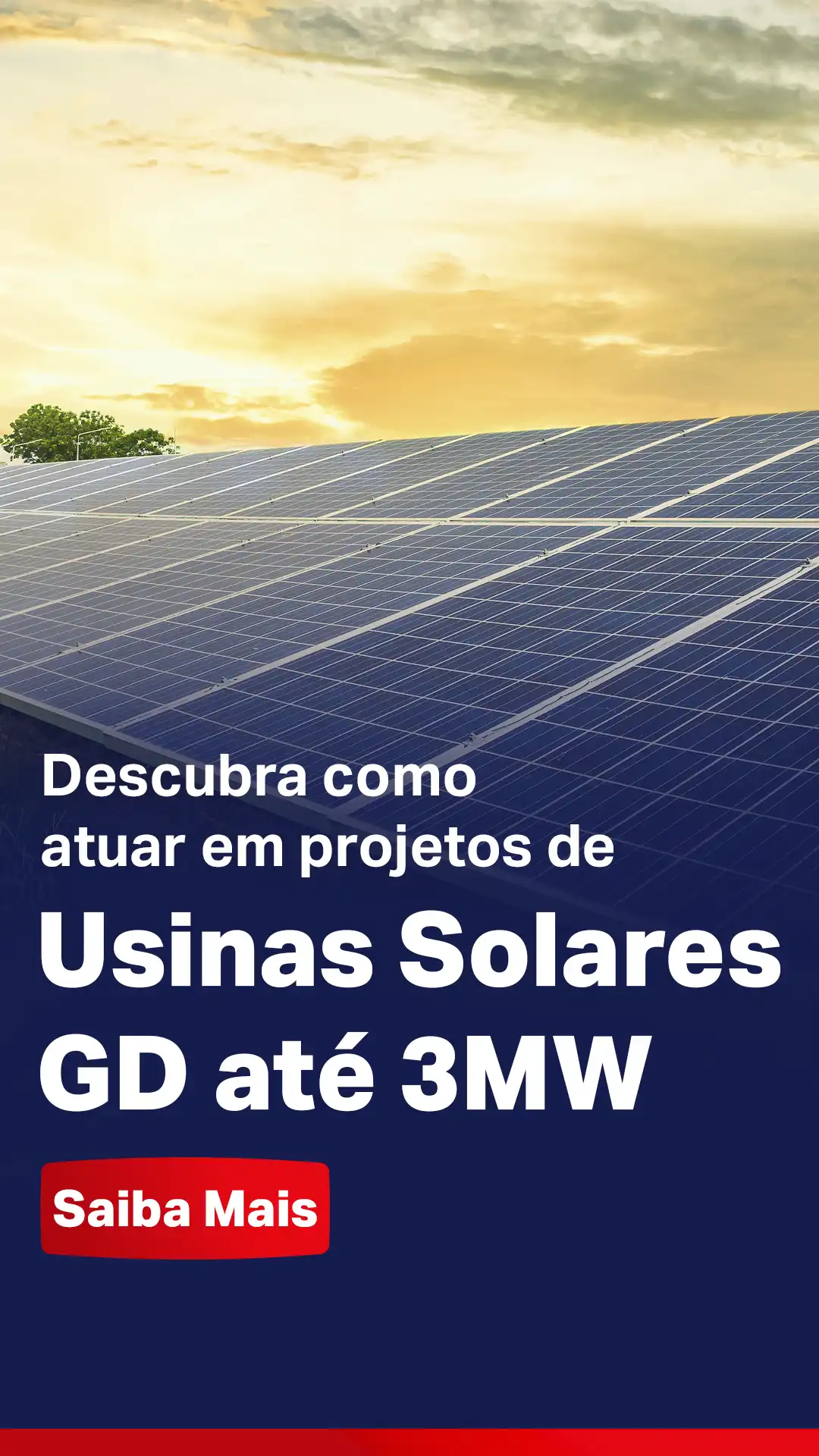
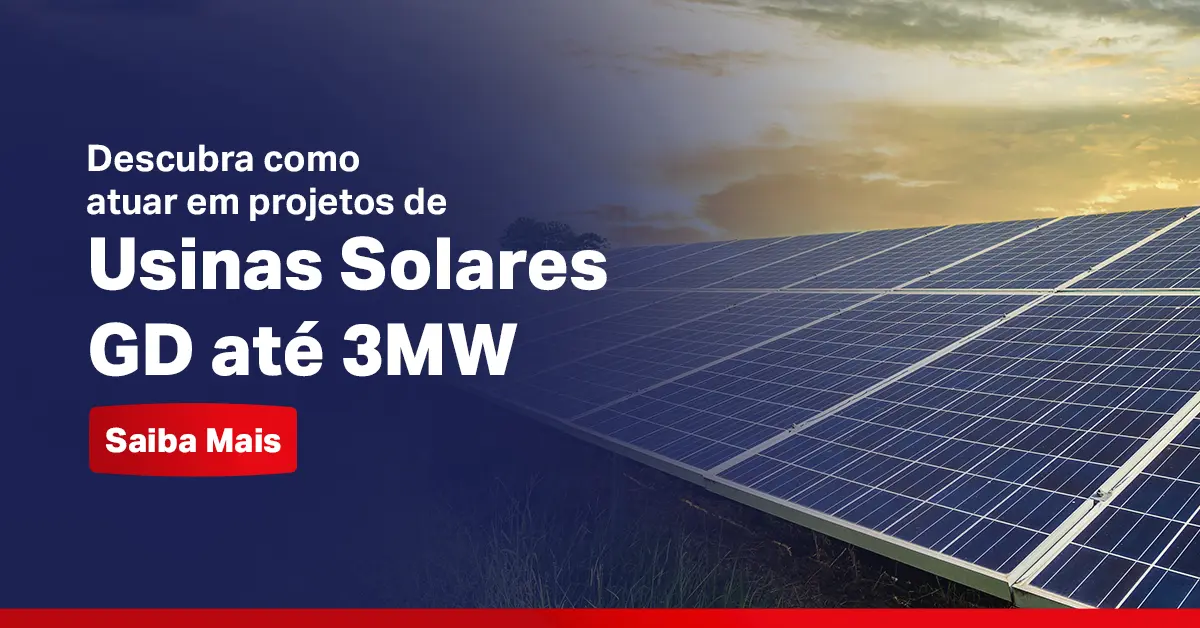
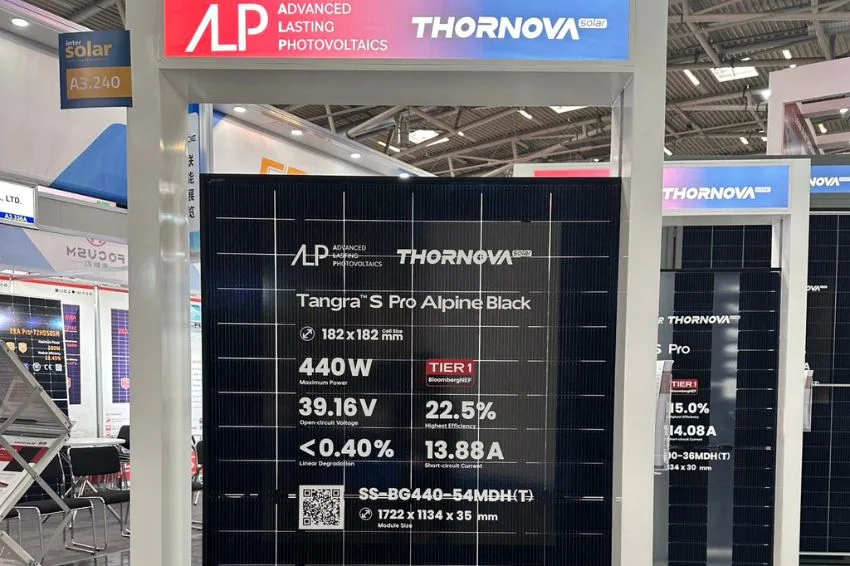
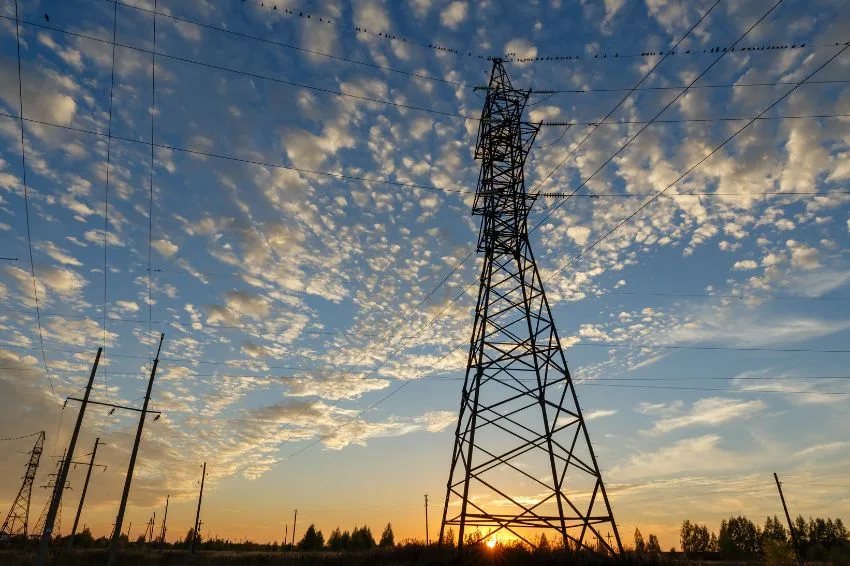
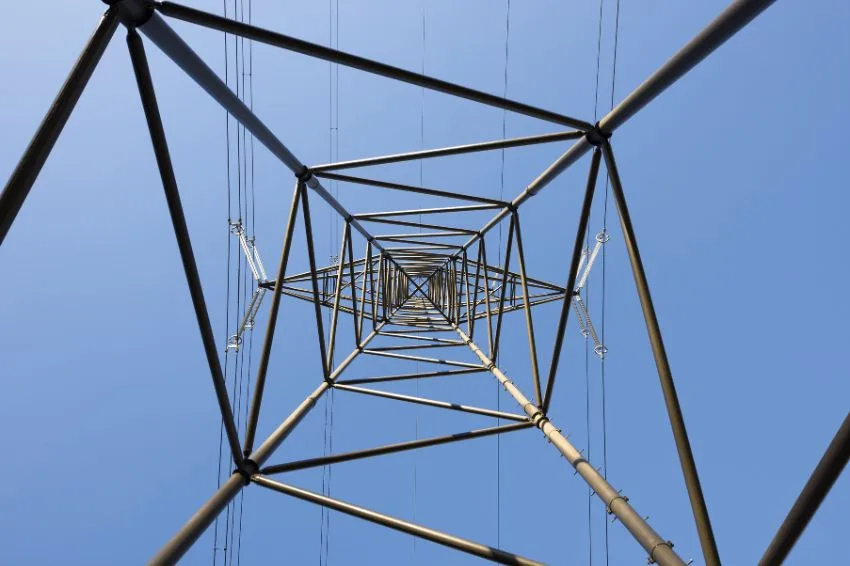


















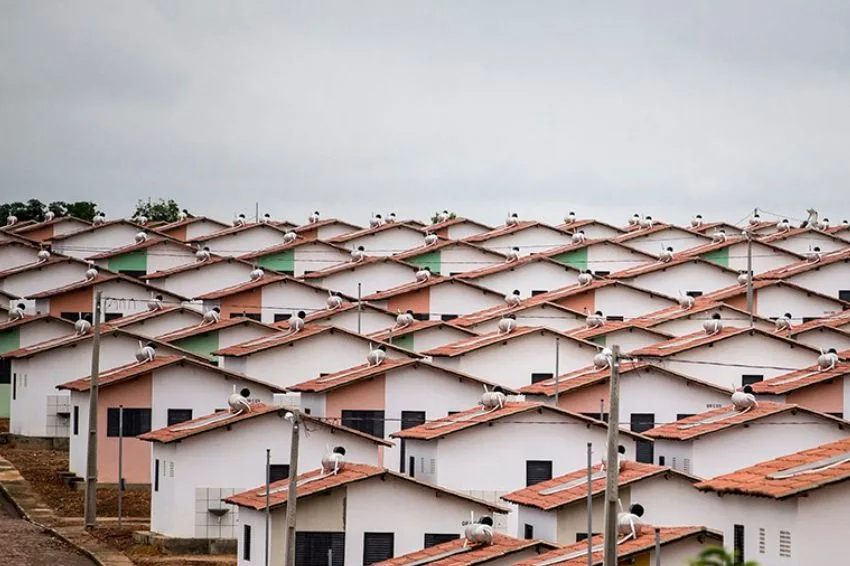
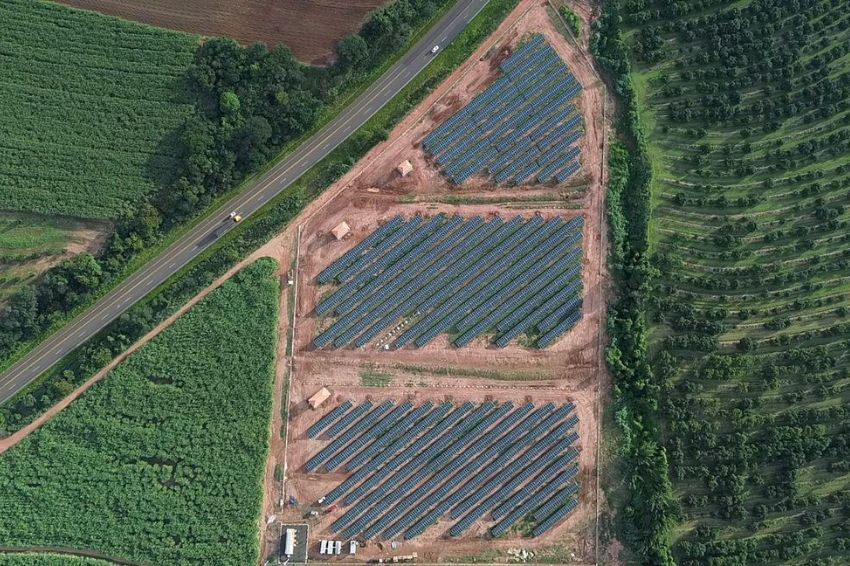
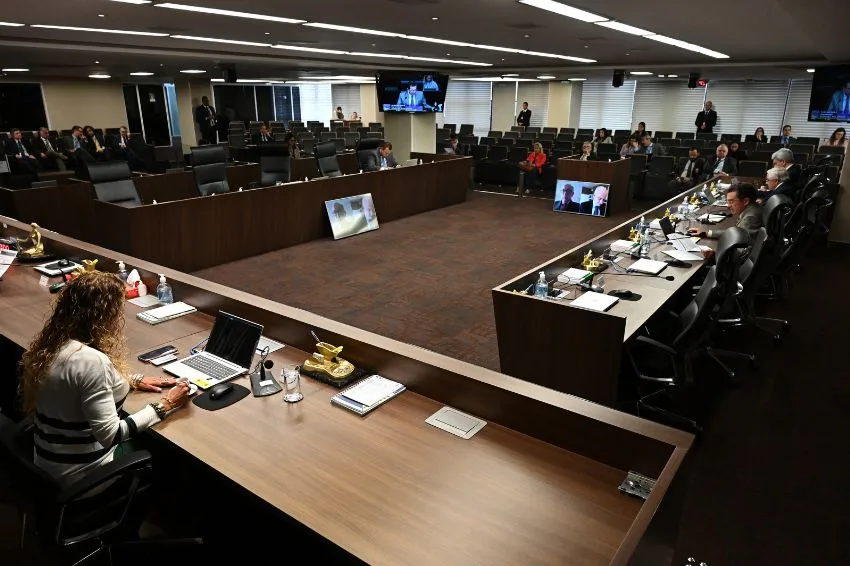
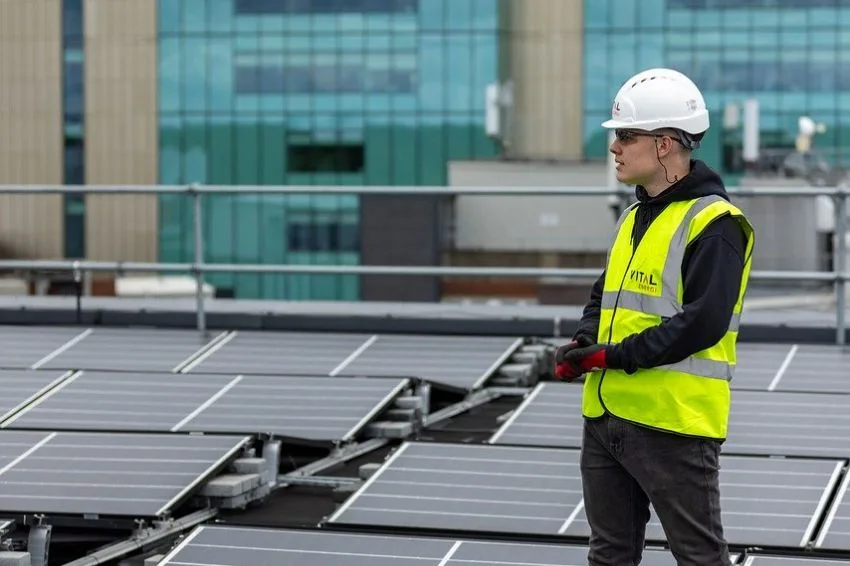
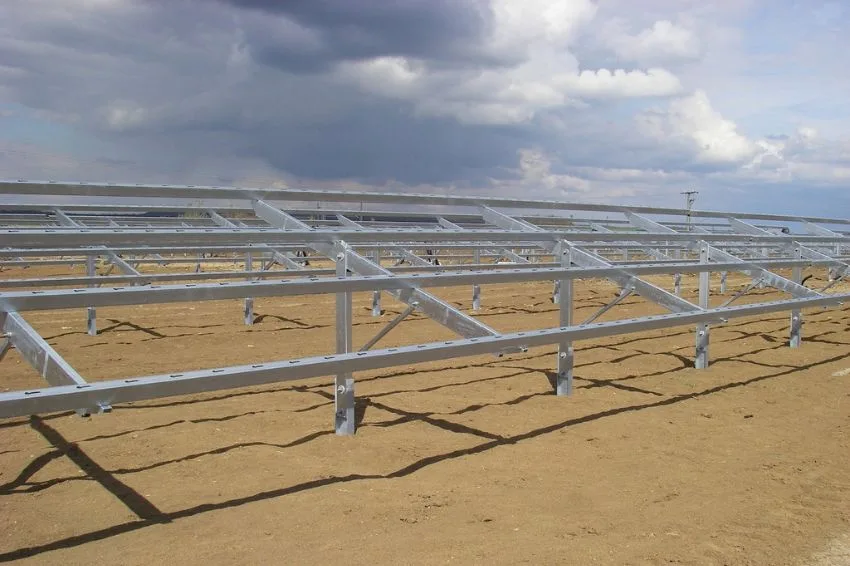
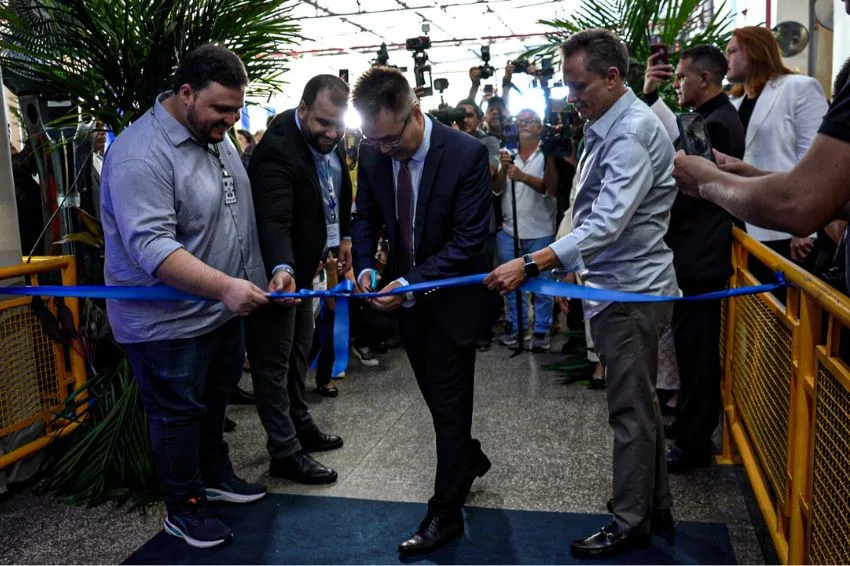
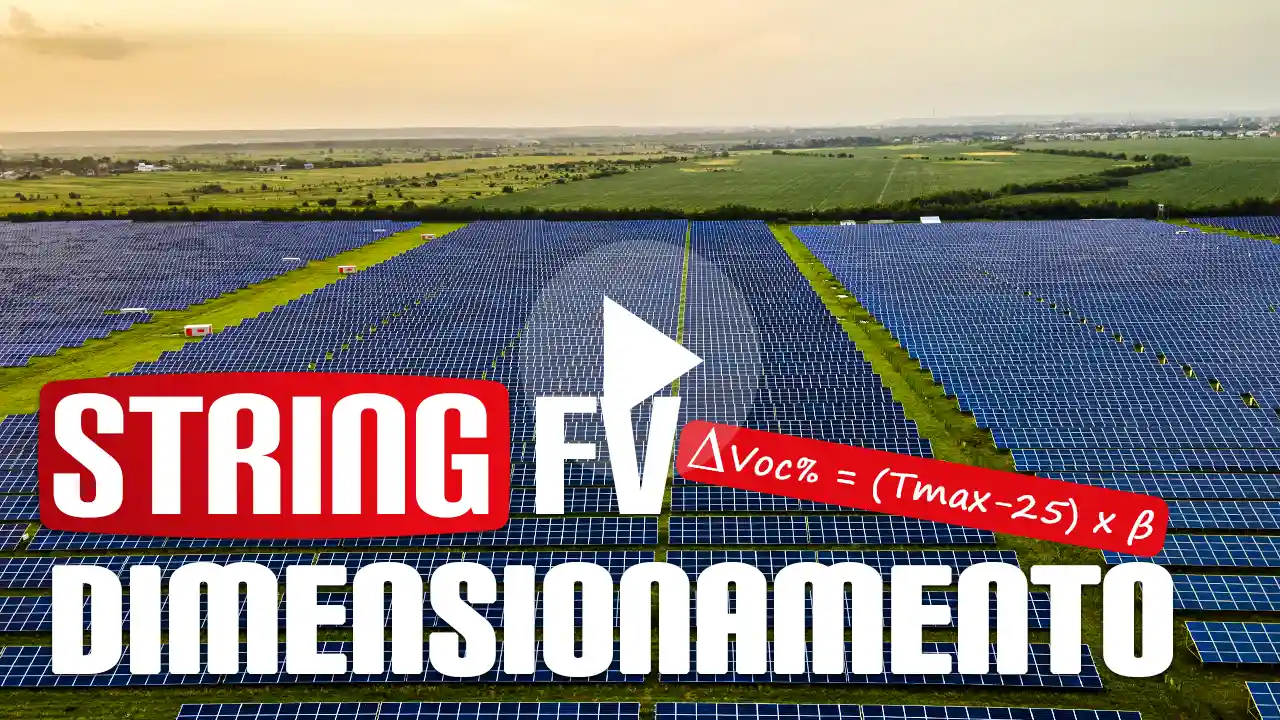






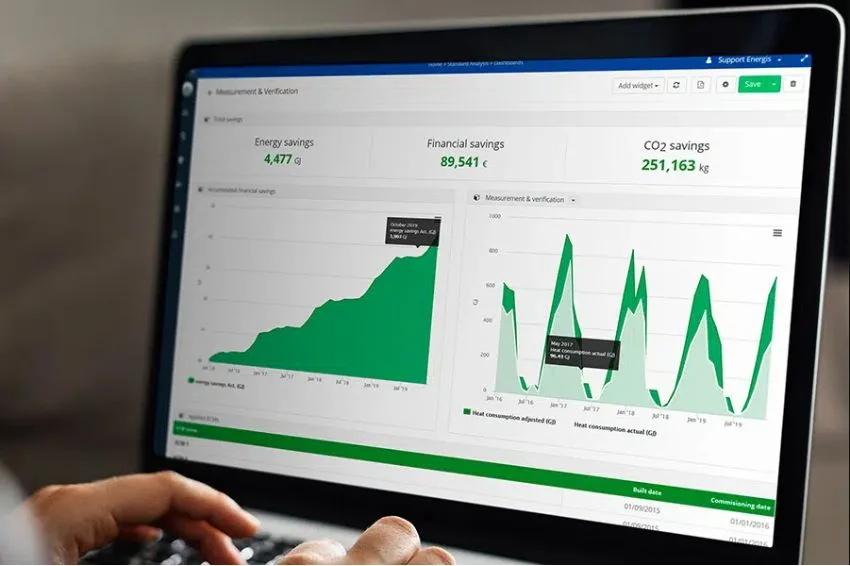




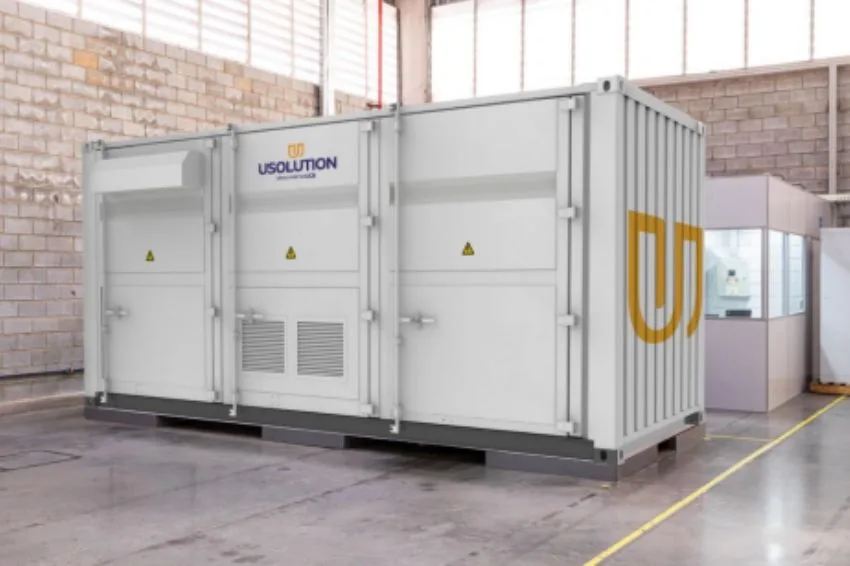


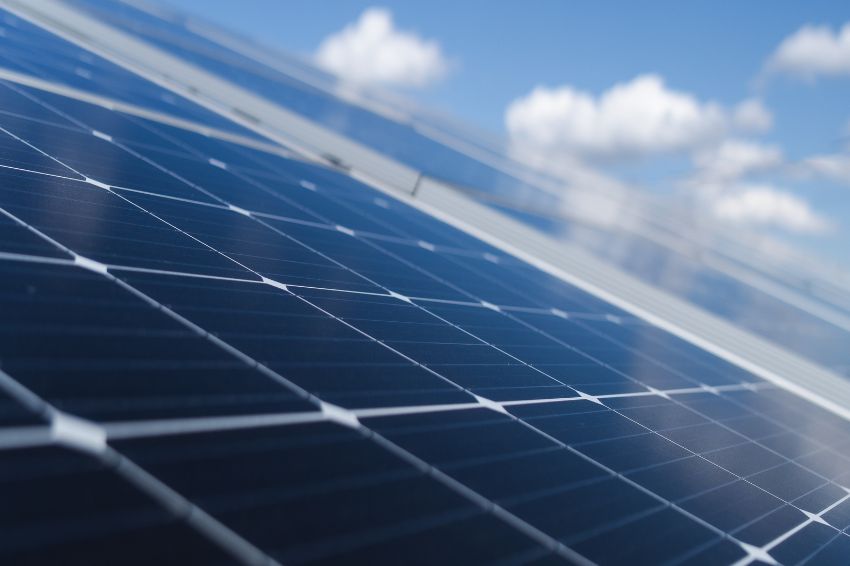
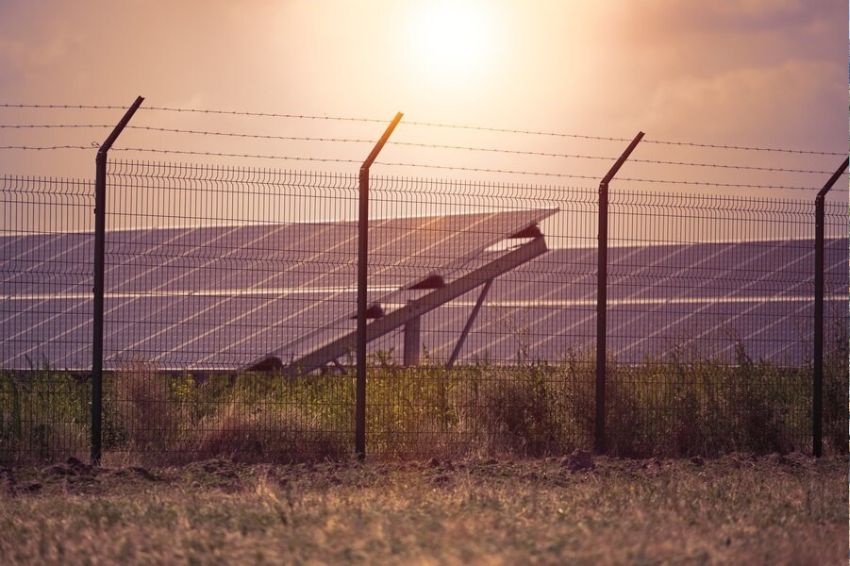



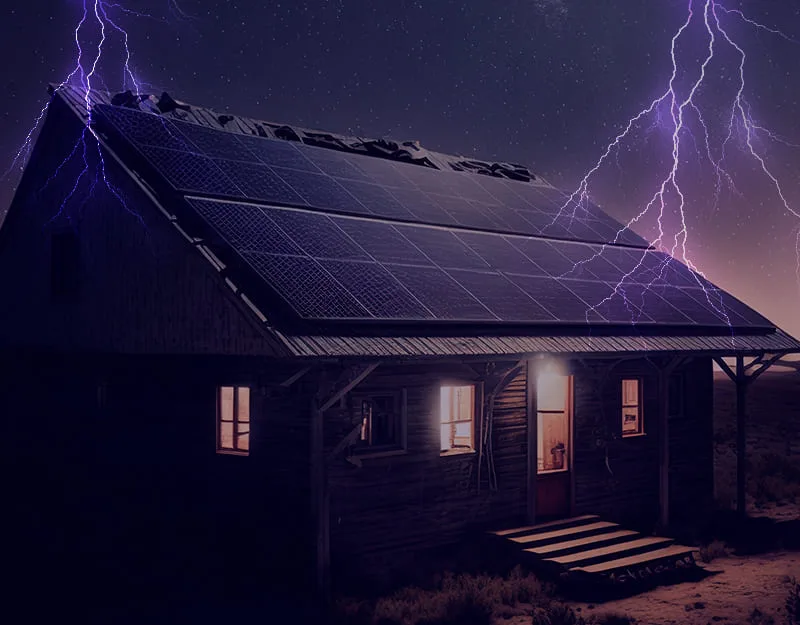
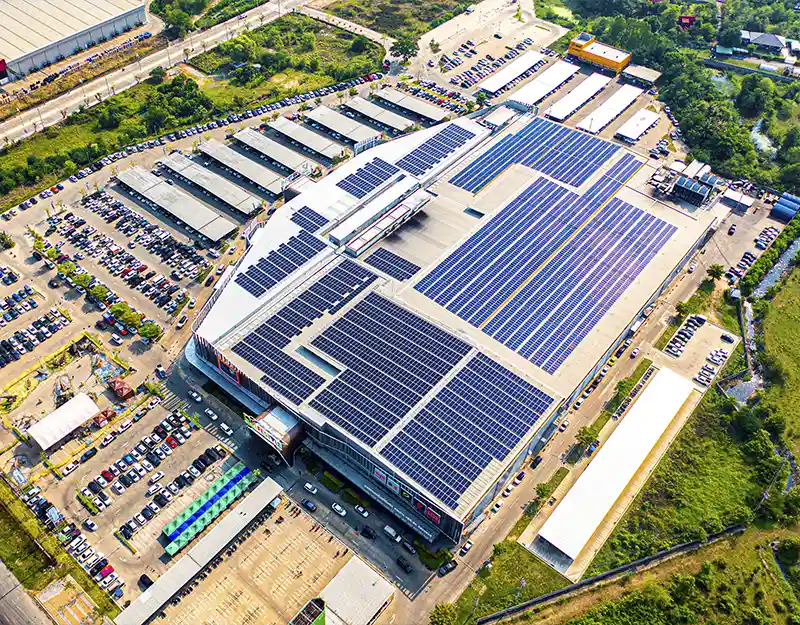





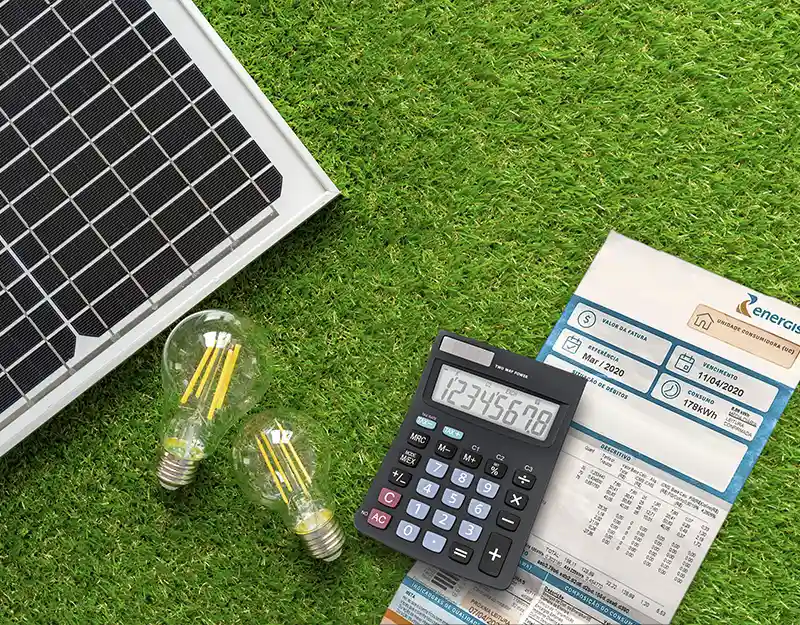
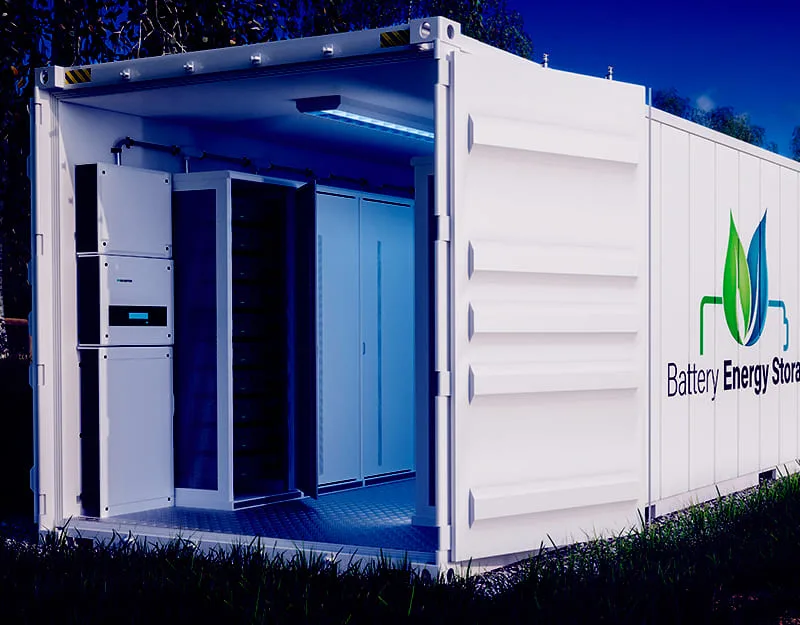

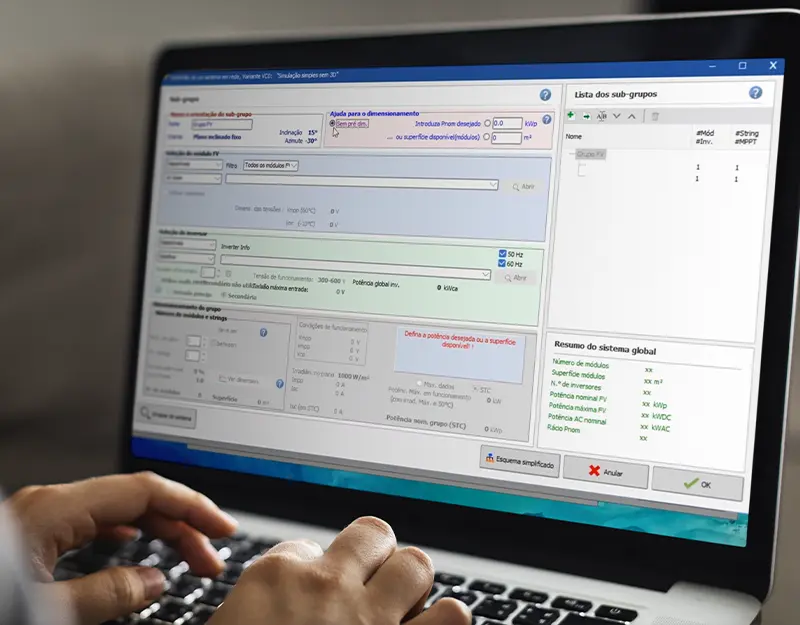







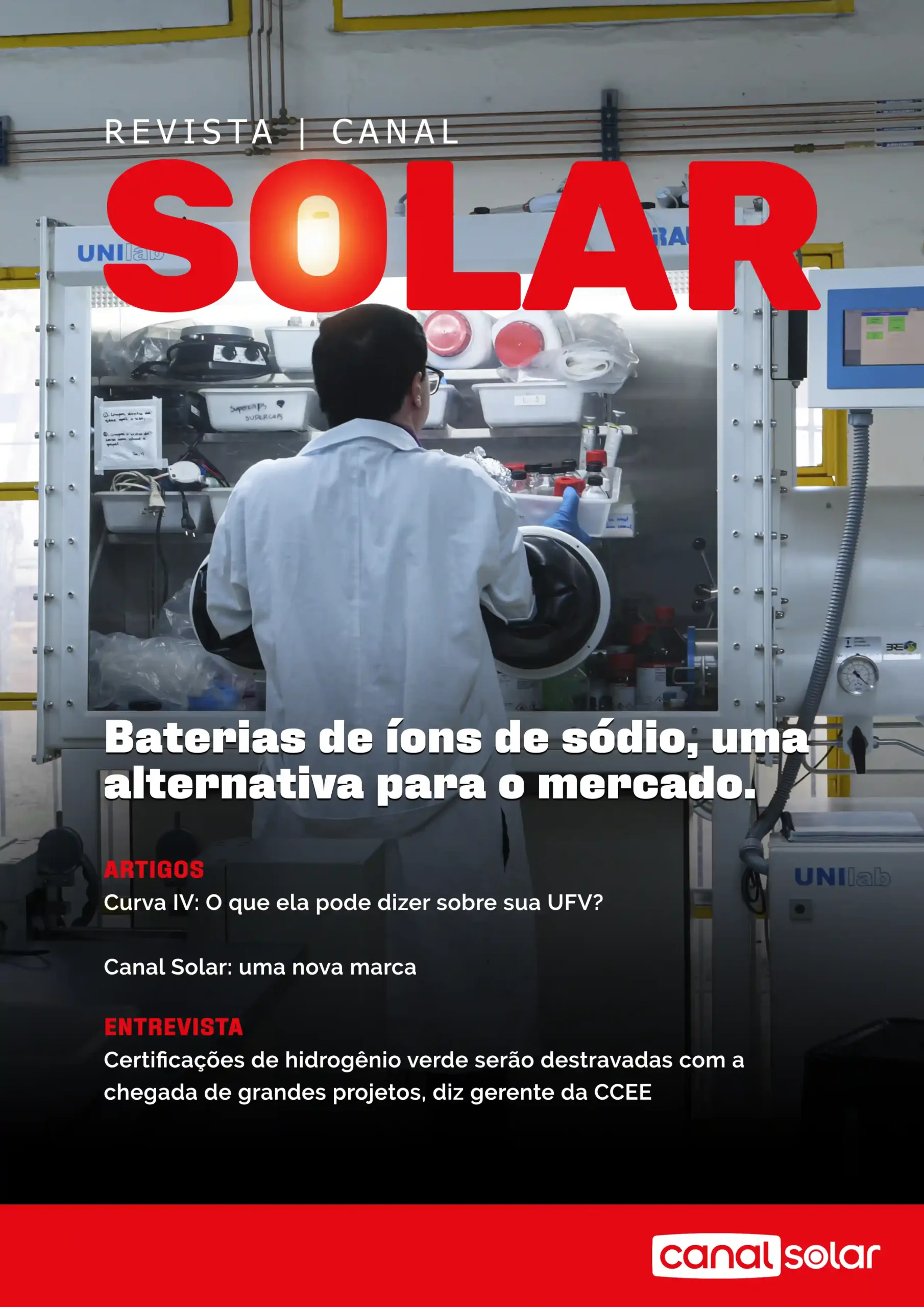
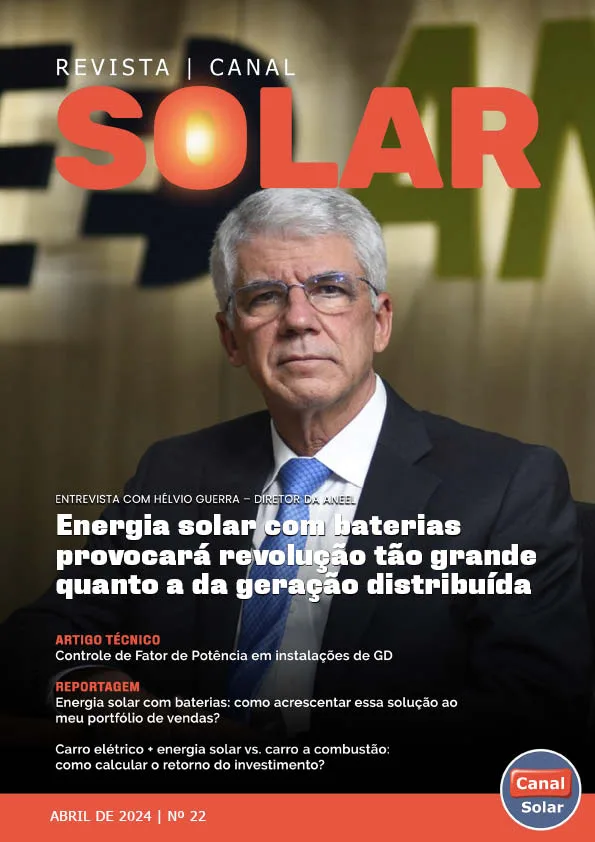
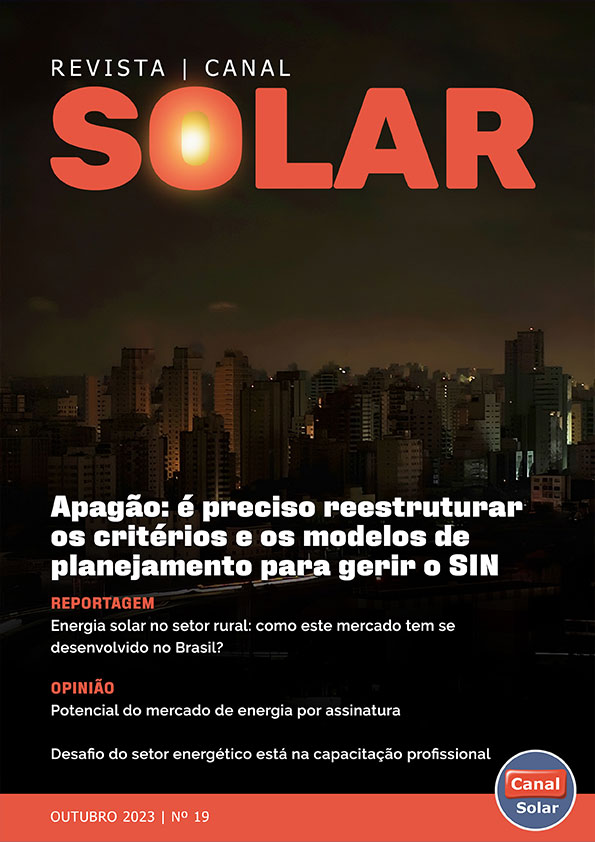
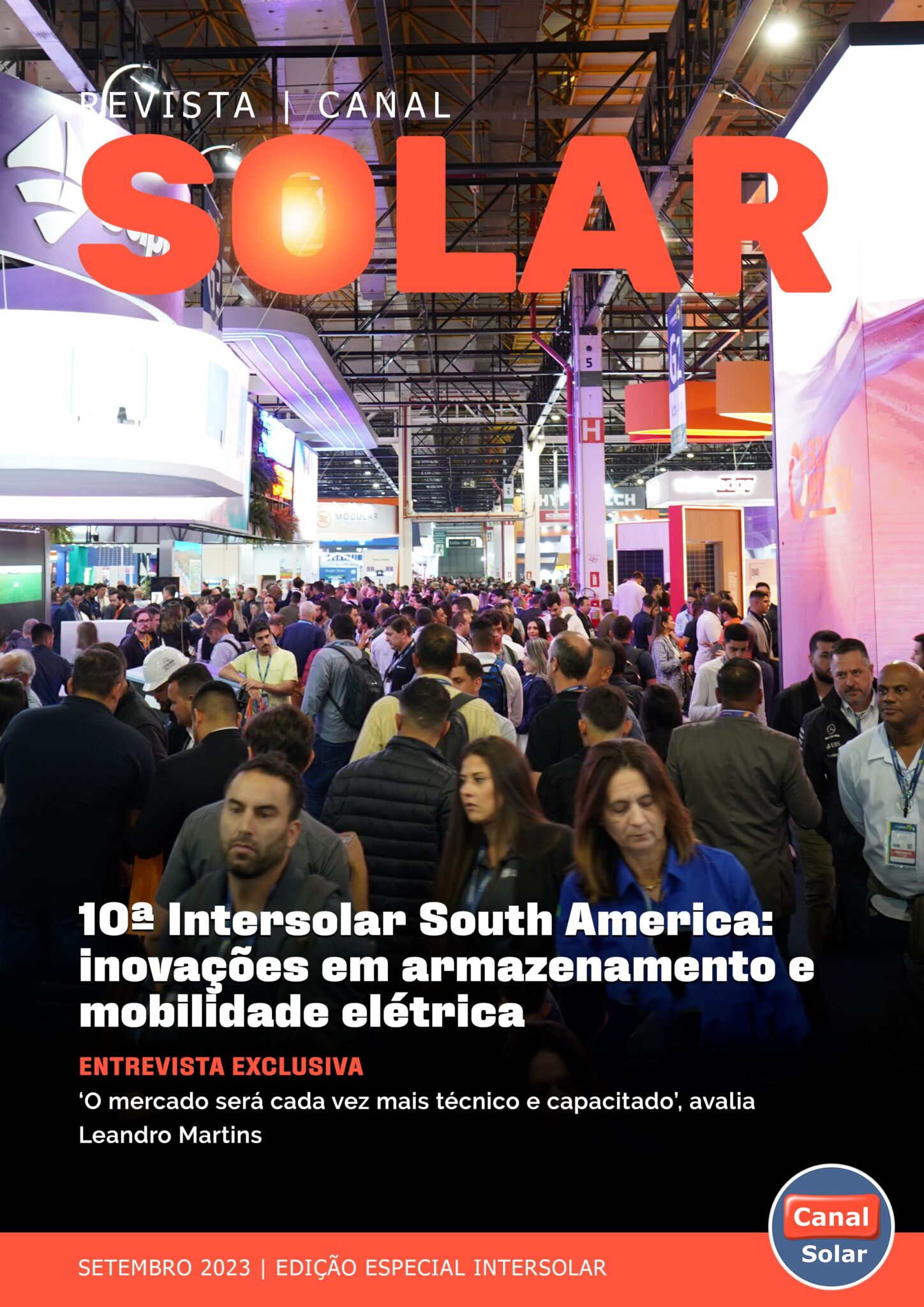
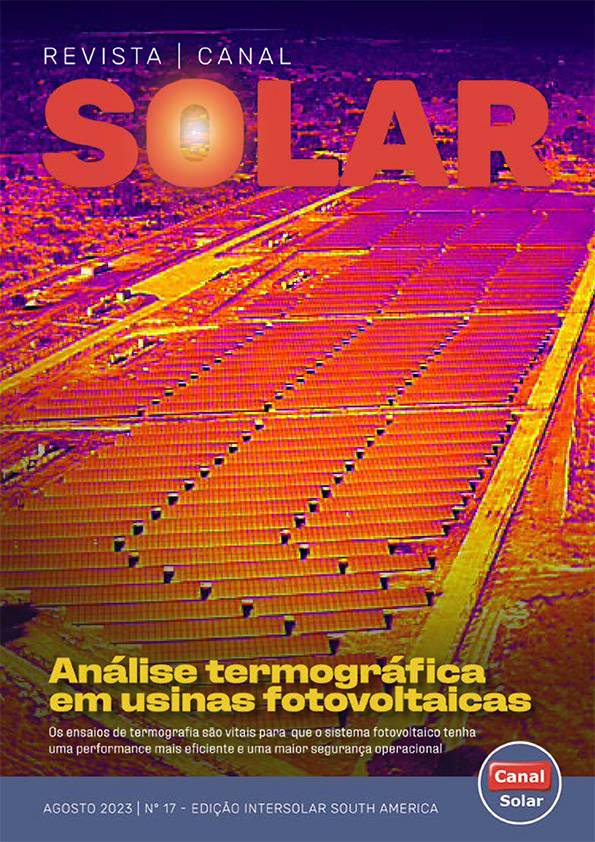
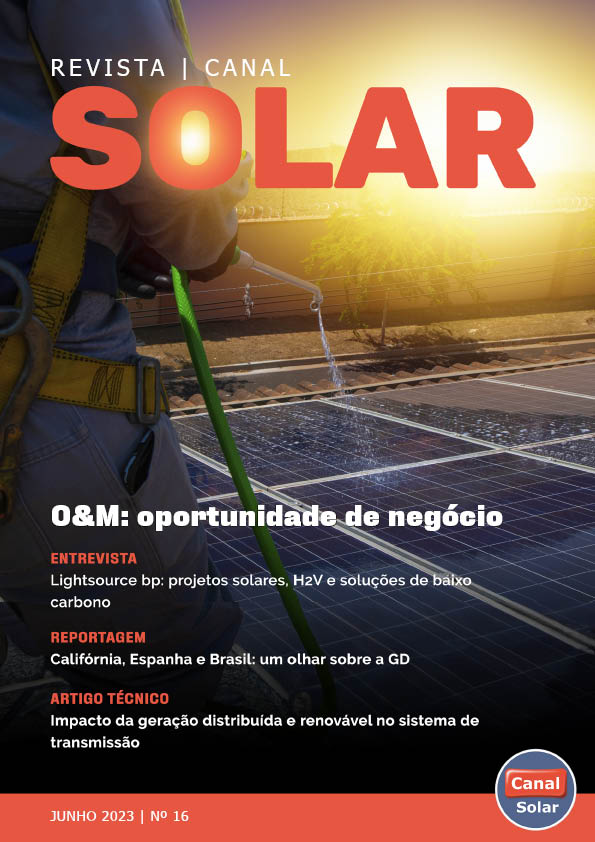









1.gif)



